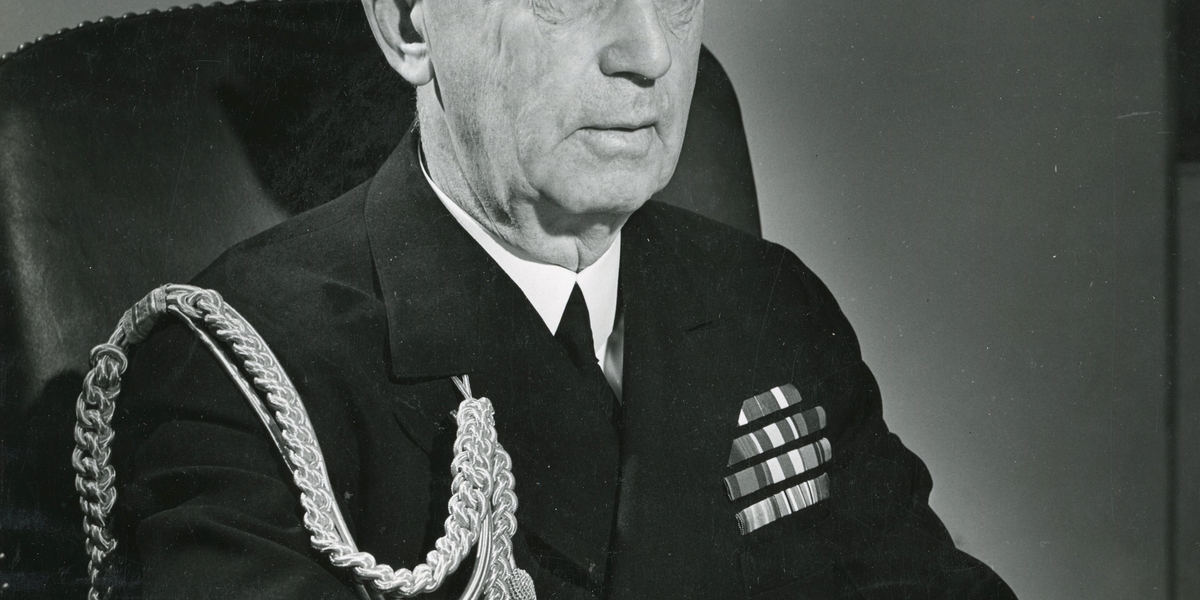Unkotare
Diamond Member
- Aug 16, 2011
- 129,820
- 24,908
- 2,180
Well then, fuck you. Is that what you're looking for?I’m not a turn the other cheek guy
Dont call me names and i wont either
Follow along with the video below to see how to install our site as a web app on your home screen.
Note: This feature may not be available in some browsers.
Well then, fuck you. Is that what you're looking for?I’m not a turn the other cheek guy
Dont call me names and i wont either
I’m not running for presidentBut you are more of a military expert than they were?
You got carried away by your war of personal insults with Dudley and it spilled over onto meWell then, fuck you. Is that what you're looking for?
I didn't ask you anything about running for president.I’m not running for president
....
If you're too sensitive, you'll take everything personally.You got carried away by your war of personal insults with Dudley and it spilled over onto me
Sometimes not sensitive enough when dealing with libsyou're too sensitive, you'll take everything personally.
You should have remembered that Ike and Mac did have ambitions to replace TrumanI didn't ask you anything about running for president.
Go find a lib and tell him all about it.Sometimes not sensitive enough when dealing with libs
Which has nothing to do with this topic or my comments.You should have remembered that Ike and Mac did have ambitions to replace Truman
If it walks like a duck…Go find a lib and tell him all about it.
Go find a duck and tell him all about it.If it walks like a duck…
A politician cashing in on his military reputation to take potshots at his political rival is germane to the topicWhich has nothing to do with this topic or my comments.
How is that germane to the question of the morality of dropping atomic bombs on civilians?A politician cashing in on his military reputation to take potshots at his political rival is germane to the topic
You mean the morality of ending a warthat germane to the question of the morality of dropping atomic bombs on civilians?
I mean what I said.You mean the morality of ending a war
...
The hangup is what you refuse to sayI mean what I said.
Do you want to start the whole thing over again from page one? Our top military leadership recognized that the war was rapidly coming to a close anyway, and that the atomic bomb did NOT play a material role in Japan's inevitable defeat.The hangup is what you refuse to say
Hiroshima ended the war
